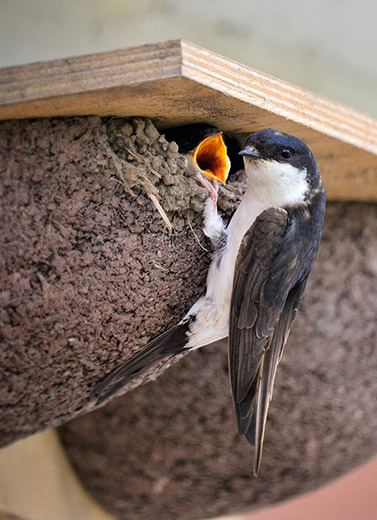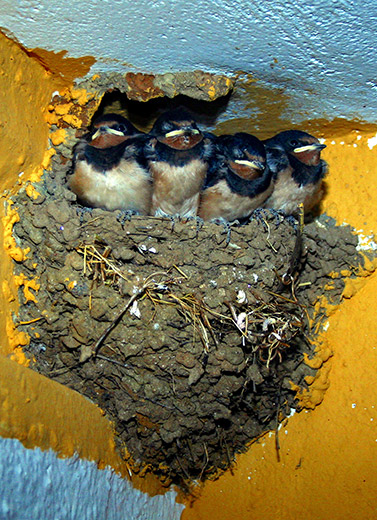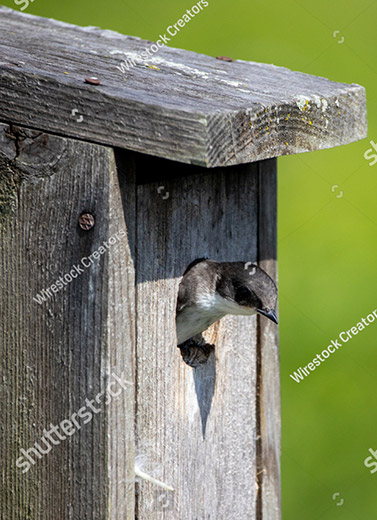The arrival of swallows in the spring is expected by people who and are excited to watch parents feed the chicks. Swallows consume thousands of flying insects that are considered parasites. One reason that barn swallows as well as house martins choose to nest near humans is because close proximity to humans keeps predators away. Many people enjoy swallows nesting on or around their homes. However, there are also people who, for reasons of cleanliness and concern about a possible transmission of germs or parasites, destroy the nests of swallows found in their properties.
How to be good house martin neighbors:
Source: https://www.rspb.org.uk/birds-and-wildlife/advice/how-you-can-help-birds/nestboxes/how-to-attract-house-martins/
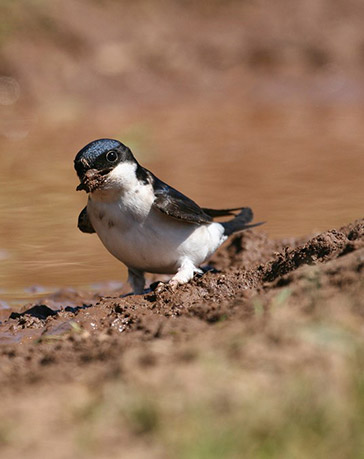
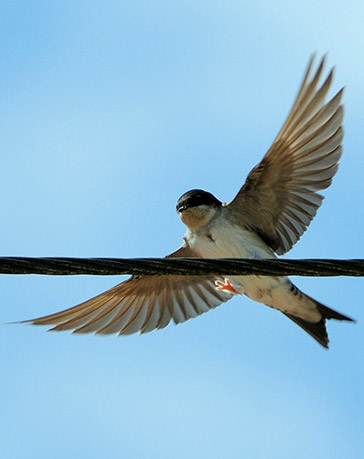
House martins need three things to breed successfully:
- A good place to build a nest.
- The right materials to build it with.
- Plenty of food for hungry chicks.
What you can do
- Do not deny the swallows access to parts of the roof of your building where their presence does not cause a problem.
- Do not place deterrents to prevent access to an active nest.
- Remove only existing nests, if necessary, during the winter months when the house swallows are not in the nest.
- By planting many insect-friendly flowers and plants in your garden, you increase the ability to find food.
House martins only eat insects they catch on the wing, so you cannot attract them by putting food out for them in the same way as you would attract other birds.
- Since their nests are made almost solely from mud, a nice muddy pool or puddle may attract them to build near you, especially during a dry spell.
- You can buy these ready made from many bird food suppliers and garden centres, or you can make your own.
Nestcups don’t guarantee that martins will nest, at least in the first year, but since house martins nest in colonies, the presence of a nest may encourage other birds to build their own there.
- Droppings tend to build up beneath house martin nests, so don't fix nest cups above a doorway.
- A shelf about 25cm wide fixed about 2m below the nest will catch the droppings if they cause a problem.
- House martins often carry parasites such as feather mites. These are normally harmless to the birds, and do not affect people.
- Never spray insecticide in the nest.


